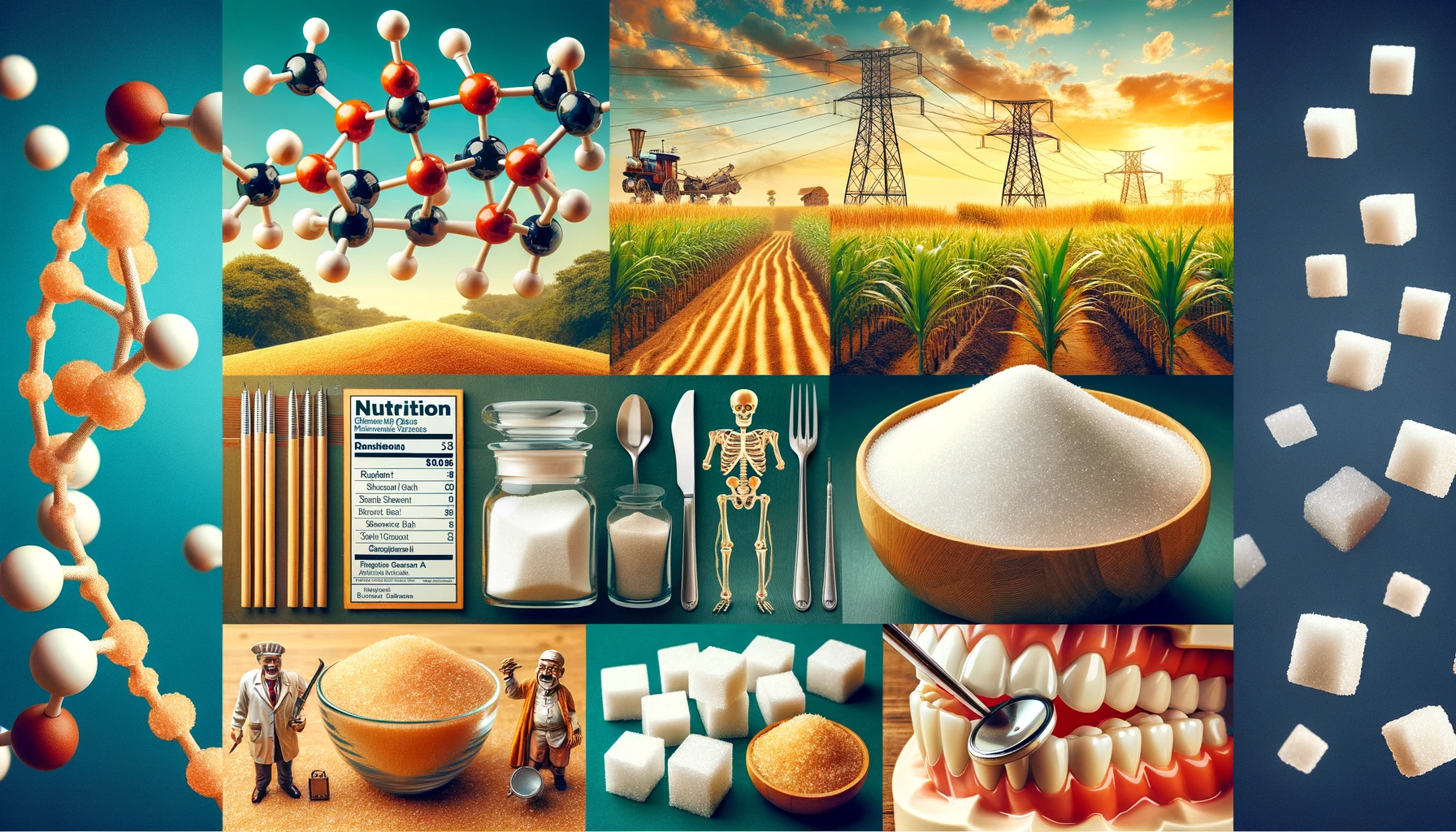Introduction:
In today’s fast-paced world, the consumption of sugary foods and beverages has become increasingly prevalent. However, what many people fail to realize is that excessive sugar intake can have a profound impact on hormonal balance. This article explores the intricate relationship between sugar and hormonal imbalance, shedding light on the ingredients in this complex equation that affects our health and well-being.
Understanding Hormonal Imbalance:
Hormones are essential messengers in our body, regulating various bodily functions such as metabolism, growth, and mood. Maintaining a delicate balance of hormones is crucial for overall health. When this balance is disrupted, it can lead to hormonal imbalances, causing a cascade of health issues.
The Sugar Connection:
- Sugar and Insulin: Excessive sugar consumption can lead to elevated blood sugar levels, prompting the pancreas to release insulin. This hormone plays a pivotal role in regulating blood sugar. Frequent sugar spikes can lead to insulin resistance, a condition where cells become less responsive to insulin’s effects, contributing to hormonal imbalances.
- Cortisol and Stress: Sugary foods can trigger the release of cortisol, commonly known as the stress hormone. High cortisol levels disrupt hormonal equilibrium, affecting sleep patterns, mood, and even weight gain.
- Leptin and Ghrelin Regulation: Sugar can interfere with the regulation of hunger hormones, leptin, and ghrelin. An imbalance in these hormones can lead to overeating and weight gain, further exacerbating hormonal disruption.
Effects on Hormonal Health:
- Thyroid Dysfunction: Excessive sugar consumption has been linked to thyroid disorders, causing hormonal imbalances that affect metabolism, energy levels, and body weight.
- Polycystic Ovary Syndrome (PCOS): PCOS is a hormonal disorder that affects women. High sugar intake can exacerbate PCOS symptoms, leading to irregular menstrual cycles and infertility issues.
- Adrenal Fatigue: Chronic sugar consumption can lead to adrenal fatigue, causing hormonal imbalances that result in fatigue, mood swings, and reduced stress tolerance.
- Menstrual Irregularities: Sugar can disrupt hormonal signaling in women, leading to irregular menstrual cycles and exacerbating premenstrual symptoms.
Tips for Balancing Hormones:
- Reduce Sugar Intake: Limit your consumption of sugary foods and beverages, opting for natural sweeteners like honey or maple syrup when needed.
- Balanced Diet: Focus on a diet rich in whole foods, lean proteins, and healthy fats to support hormonal balance.
- Regular Exercise: Engage in regular physical activity to improve insulin sensitivity and reduce cortisol levels.
- Stress Management: Practice stress-reduction techniques such as meditation, yoga, or deep breathing exercises to keep cortisol levels in check.
- Adequate Sleep: Prioritize a consistent sleep schedule to ensure proper hormone regulation.
Conclusion:
The relationship between sugar and hormonal imbalance is intricate and profound. Excessive sugar consumption can disrupt the delicate hormonal equilibrium, leading to a range of health issues. By being mindful of our sugar intake and adopting a healthy lifestyle, we can help restore hormonal balance and support our overall well-being. Remember, moderation is the key to maintaining harmony in the sugar and hormone equation.
